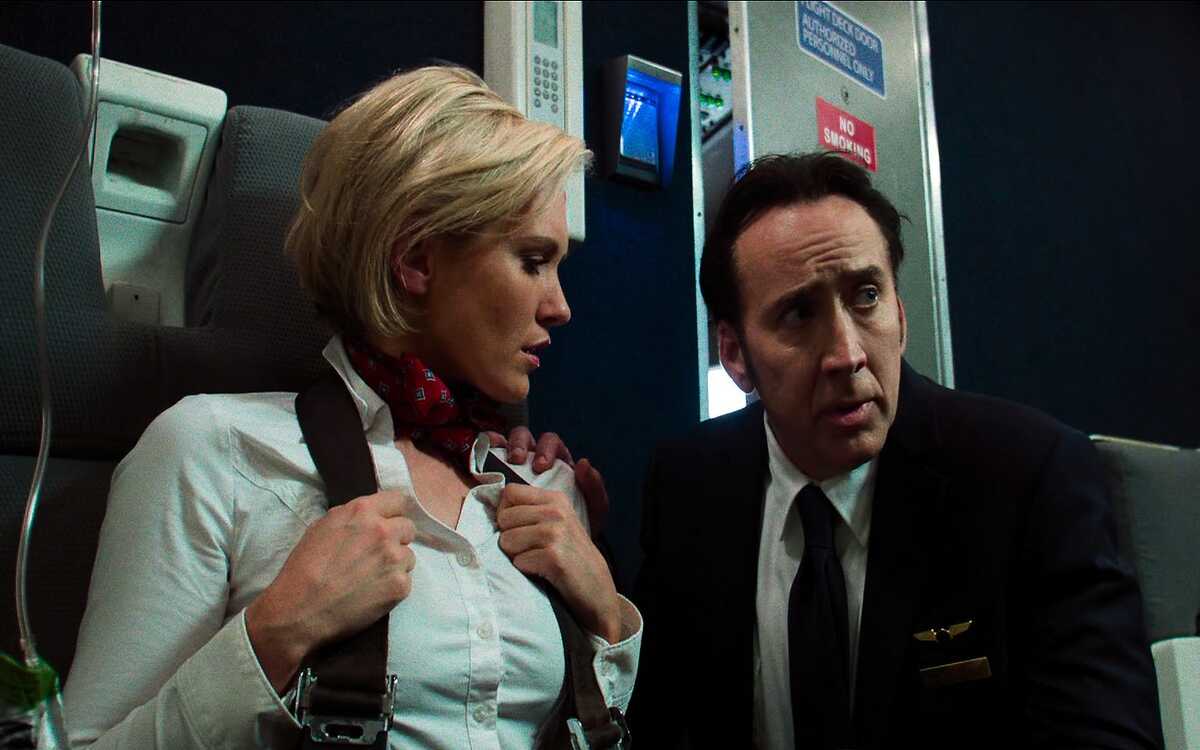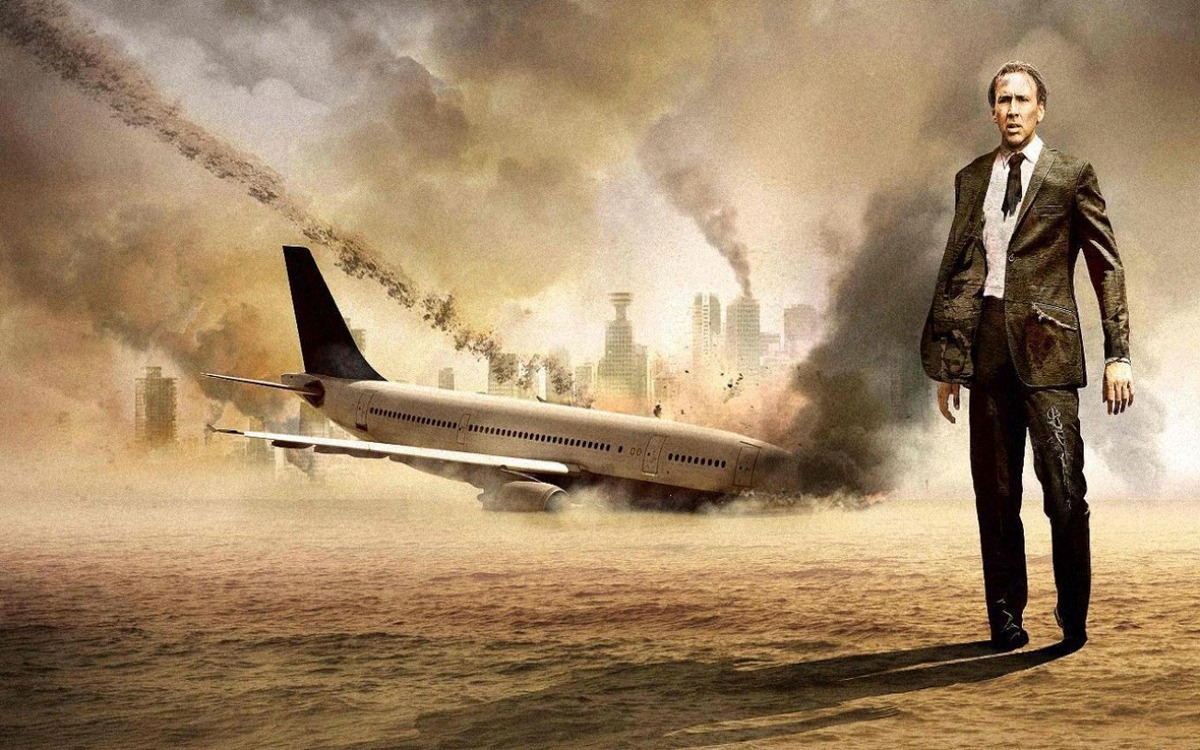In the annals of cinematic history, certain films have achieved legendary status for their sheer audacity and the unintended hilarity they bring to the screen. Nicolas Cage’s 2014 movie “Left Behind” undoubtedly belongs to this rarified category, offering a surreal blend of religious propaganda and unintentional campiness that defies explanation.
- ‘Star Wars’: What Is the Old Republic Era?
- The Only Movie Marlon Brando Directed Was a Stanley Kubrick Western First
- ‘The Twilight Zone’s Rod Serling Has a Surprising Connection to ‘Planet of the Apes’
- Should I, a Fully Grown Adult, Give a Sh*t About the ‘PAW Patrol’ Movies?!
- Every ‘Jesse Stone’ Movie in Order Chronologically & By Release Date
Plot Synopsis
At its core, “Left Behind” offers a straightforward narrative that depicts the rapture—an event in Christian theology where believers are suddenly taken to heaven while those left behind on Earth face chaos and tribulation. The film primarily follows Chloe Steele (Cassi Thomson), who returns home from college to surprise her pilot father, Rayford (Nicolas Cage), for his birthday. However, her well-intentioned plan quickly unravels as she grapples with her mother’s newfound Evangelical Christianity, which includes dire warnings of impending doom.
Initially, the film raises thought-provoking questions about faith, the problem of evil, and the nature of an all-powerful God. The clash between Chloe and her mother, Irene (Lea Thompson), delves into these philosophical inquiries, challenging the foundations of Christian belief. Yet, any semblance of intellectual exploration is swiftly abandoned in favor of melodrama and disaster spectacle.
Unintentional Camp
The unintentional campiness of “Left Behind” reaches its zenith during the rapture sequence. Chloe’s younger brother disappears in a flash, leaving behind neatly arranged clothes in her arms—a visual so bizarre and comical that it transcends the realm of merely being a “bad” Christian movie. What follows is a descent into chaos, where those left on Earth inexplicably resort to criminal acts, including mugging. The film’s illogical progression and haphazard writing leave viewers baffled and frustrated, yet strangely captivated.
Despite its lack of self-awareness, irony, or subtlety, “Left Behind” exudes an unwarranted confidence in its execution and purpose. This blend of unwavering conviction and unintentional absurdity makes it a compelling watch—albeit for all the wrong reasons.
A Unique Addition to Nicolas Cage’s Filmography
see more : Should I, a Fully Grown Adult, Give a Sh*t About the ‘PAW Patrol’ Movies?!
Nicolas Cage’s eclectic film choices have cemented his reputation as one of Hollywood’s most enigmatic actors. While “Left Behind” may not feature the full “Cage out” mode seen in some of his other works, it fits snugly into his eclectic career. Cage consistently gravitates toward films with varying levels of camp and a sincere commitment to their narratives. “Left Behind” is no exception, joining the ranks of Cage’s cinematic gems such as “The Wicker Man,” “Ghost Rider,” and “Knowing.”
Ultimately, “Left Behind” stands as a remarkable example of a so-bad-it’s-good movie, one that invites viewers to marvel at its audacity and question how such a cinematic oddity came to be. While it may not have achieved critical acclaim, it has undeniably earned a unique place in the pantheon of memorable Nicolas Cage films.
In the realm of cinema, “Left Behind” is a baffling enigma, a testament to the unexpected and the surreal. It stands as a testament to the enduring allure of movies that defy conventional expectations and leave an indelible mark on those who dare to experience them.
Source: https://dominioncinemas.net
Category: MOVIE FEATURES












